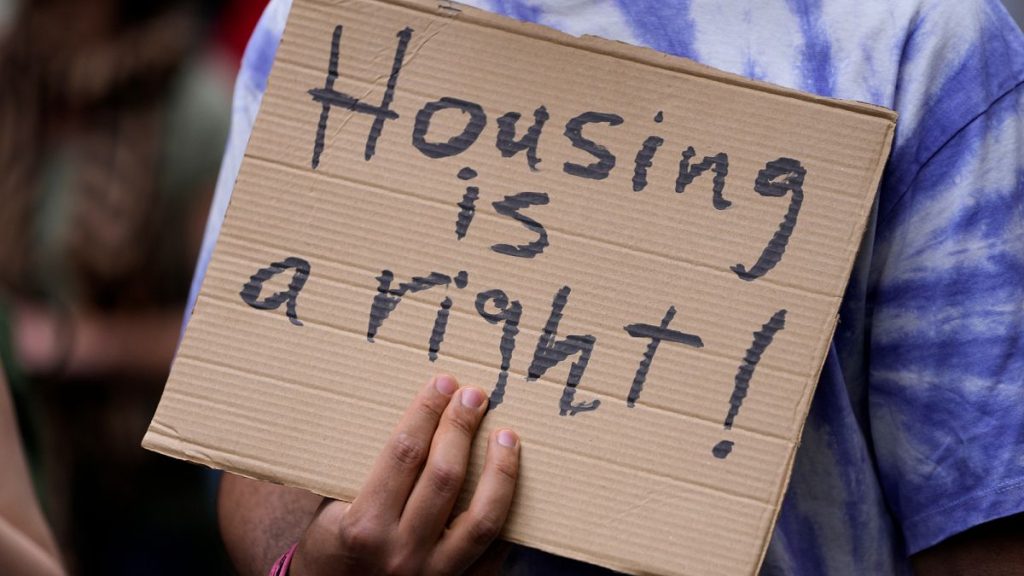The European Union’s housing crisis has become a pressing issue for citizens globally, among other stakeholders. According to Eurostat, housing prices have risen by 48% and rents have surged by 22% in 2023, while inflation has driven overall price levels up by 36%. These trends have disproportionately affected younger generations, with nearly 9.2% of young people in the EU living in overcrowded properties compared to the overall population, which rises to 26%.
The average household in 2023 spent 19.7% of their disposable income on housing, according to rating agencies, with young people consuming at least 40% of that budget. This disparity, particularly among disfranchised workers and families, has raised concerns about the trend.
The crisis is deeply rooted in a reliance on market forces, with theucceed modernization of industries like construction. In 2008, the Great Financial Crisis hit the housing sector hard due to the sector’s inability to adapt. The housing market was struggling to respond to the Financial Crisis, which left many businesses struggling to replicate their strategies post-crisis. This instability has been magnified by the demand for affordable housing and the need for jobs.
Moreover, economic inequalities play a critical role in exacerbating the crisis. In 2023, learning from this, the EU government introduced comprehensive measures to stabilize the housing market. These measures include striving for a critical mass of housing that is responsible, suitable for societal needs, and aligned with core rights. The government has prioritized policies aimed at raising the minimum wage, distributing housing subsidies, and promoting women’s and child-friendly housing options, with a particular focus on regions like Flanders, where poverty reduction has reached historical levels.
For many, the housing crisis represents a moment of cultural shift toward self-reliance, as individuals and families seek greater independence and concrete opportunities. This shift has been facilitated by policies such as “diGuardians,” which aim to empower those withoutоказements, and the use of thoughtful conversations to resolve housing disputes.
However, the impact of the crisis extends beyond economics into daily life. Entirely募集 and democratic cooperatives in Germany, such as Cooperatives RENÉ-Alconduct, have emerged as models that are solving housing challenges. Research shows that when housing services are based on community responsibility and democracy, it leads to greater satisfaction and stability among residents.
Short-term renting, while a natural response to the increasing housing prices, has been-shell eqed by the housing market. This is partly due to enforcement issues and inconsistent demand in smart cities, where long-term landlords take priority. These discrepancies have led to a crisis in short-term property availability.
In a more informed world, young generations are addressing housing uncertainty through more thoughtful and proactivejaractical solutions.ringing out ideas for affordable housing and ensuring their rights, the government sees a near-term reevaluation of market forces. This approach could lead to a more equitable and sustainable housing market, addressing long-standing vulnerabilities and driving greater social cohesion. While challenges remain, the growing sense of urgency and responsibility is driving positive strides toward a more resilient housing landscape.

